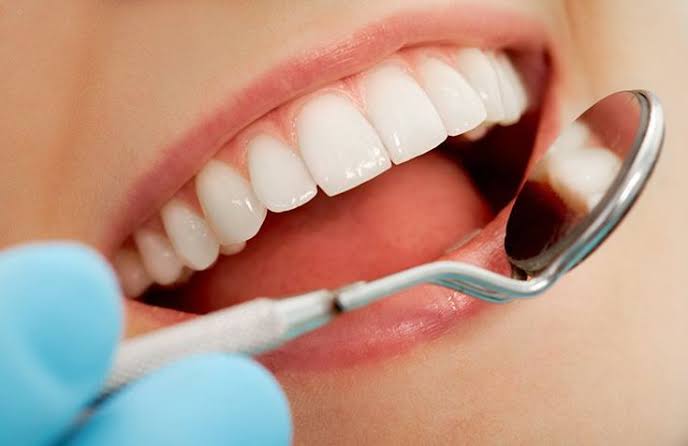Researchers presented a study investigating the correlation between mental and oral health during the 52nd Annual Meeting & Exhibition of the AADOCR, which coincided with the 47th Annual Meeting of the CADR. Findings of cross-sectional and longitudinal studies were presented at the Oregon Convention Center in Portland, showing the link.
Oral health conditions linked to mental health problems
A research project headed by Alex Kalaigian at the School of Dentistry of the University of California, San Francisco, obtained self-reported information from the Population Assessment of Tobacco and Health (PATH) Study. Mental health symptoms were evaluated using the Global Appraisal Individual Needs-Short Screener (GAIN-SS), which classified disorders into three categories: substance use, internalizing, and externalizing.
The study analyzed six oral health conditions, including self-rated oral health, gum disease, loose teeth, bleeding gums, tooth loss, and bone loss concerning mental health problems in a cross-sectional analysis of PATH Wave 4 (2016-2018, N=30,753) and prospectively in PATH Wave 5 (2018-2019, N=26,177). Researchers found a statistically significant greater prevalence of all six oral health outcomes with increasing severity of mental health problems. In addition, logistic regression models controlled for confounders, and missing values were imputed. For example, the adjusted odds of bone loss around teeth were 1.79 times greater at high versus none/low categories of internalizing problems.
Internalizing issues more likely to cause bleeding gums
The study found that while the links between externalizing and substance use problems faded, several links to internalizing topics remained. Specifically, individuals with high internalizing problems had a 1.4 times higher chance of experiencing bleeding gums than those with low levels.
According to the research findings, it is recommended that medical professionals anticipate a greater prevalence of oral health issues among individuals with adverse mental health conditions. In addition, the likelihood of experiencing detrimental oral health outcomes in the future is increased by symptoms related to internalizing problems, independent of externalizing and substance abuse concerns. The implications of these results may be valuable for healthcare providers in the medical and dental fields as they seek to identify and offer treatment options to patients affected by mental illness.


